Otterbox has launched a voluntary replacement program for their OtterSpot stackable wireless charging packs after discovering a flaw that could lead some early units to swell under certain circumstances.
First released in August 2019, the OtterSpot stackable wireless charging battery pack is designed to be able to charge a Qi-compatible device without being plugged into a wall outlet due to an integrated battery cell embedded inside the charger.
The OtterSpot and Qi-compatible devices can be charged while plugged into the wall. Additional OtterSpot units can also be stacked atop each other to charge.
OtterBox has warned that in early units, this stacked charging setup could cause the battery to swell. The company also notes that affected units may swell under higher temperature conditions. Battery swelling could then lead to an increased risk of injury or fire.
In an interview with The Verge, Otterbox spokesperson Julie Campagnoli has stated that this issue impacts units manufactured July 2019 through August 2019.
While no injuries have been reported, OtterBox urges those with OtterSpot units with serial numbers ending in 229, 259, and 250 to turn in affected OtterSpots for a free replacement in a statement from Otterbox's website.
"We identified a component defect in some of the early OtterSpot batteries, which has since been addressed," Otterbox said. "While no injuries have been reported, we are replacing early units of the OtterSpot batteries (serial numbers starting with 229, 259 and 250). If you purchased an OtterSpot battery within that serial number range, we recommend you discontinue use and contact our Customer Service Department at 1-855-688-7269 to arrange for a replacement battery at no cost to you."
OtterBox says that it does not have any reason to believe that the OtterSpot battery products are unsafe.
The company has also confirmed to The Verge that none of the defective units were made available to retailers such as Apple.
 Darryl Boxberger
Darryl Boxberger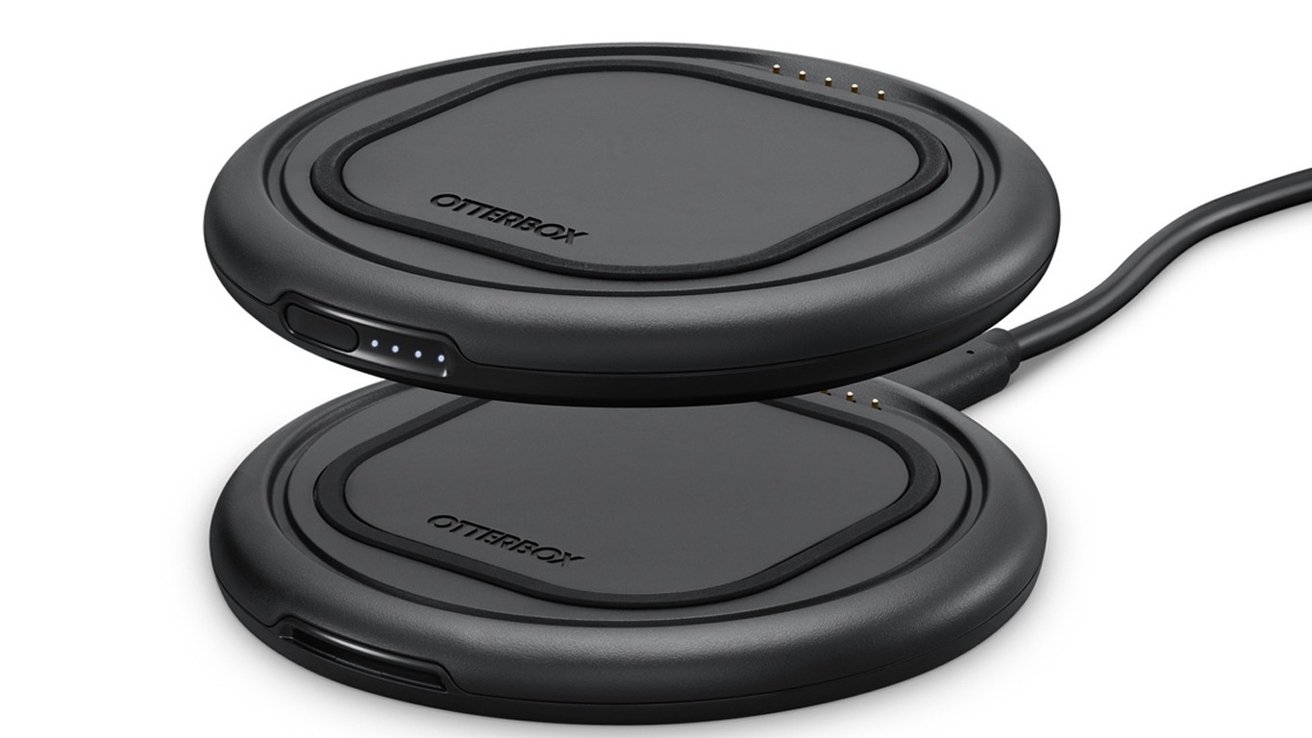

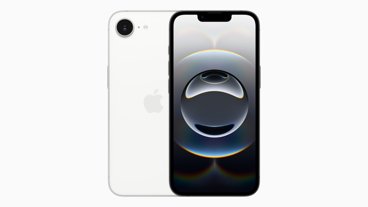

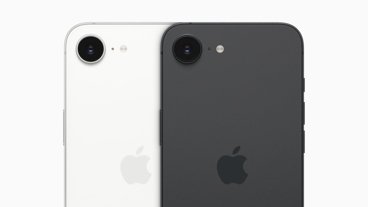
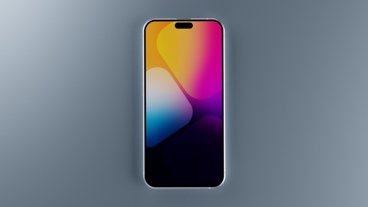
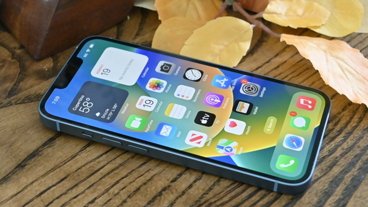


 William Gallagher
William Gallagher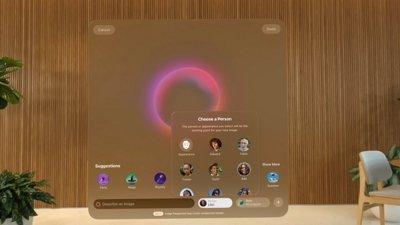
 Amber Neely
Amber Neely
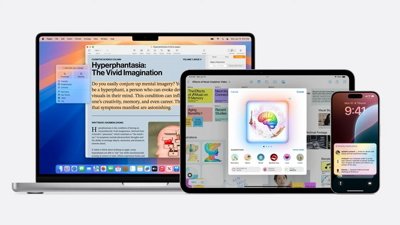
 Malcolm Owen
Malcolm Owen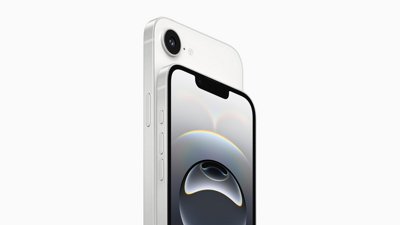
 Andrew Orr
Andrew Orr
 Christine McKee
Christine McKee
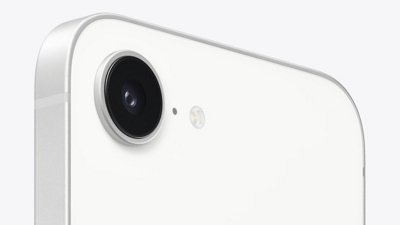
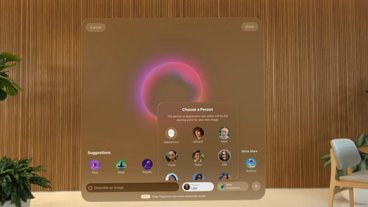

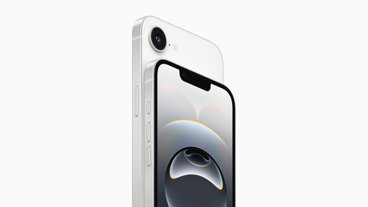
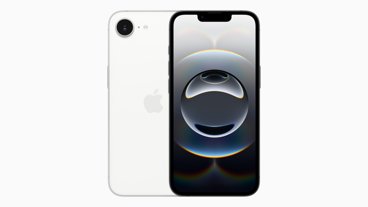
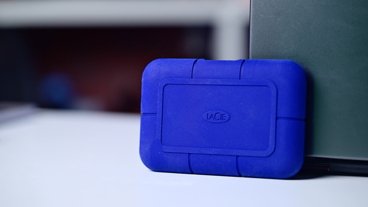
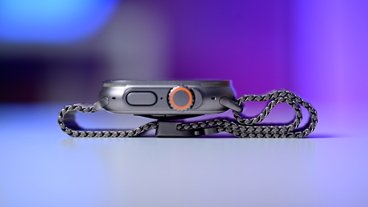
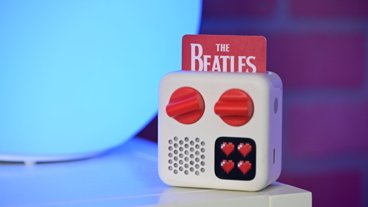
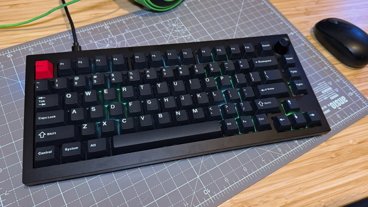
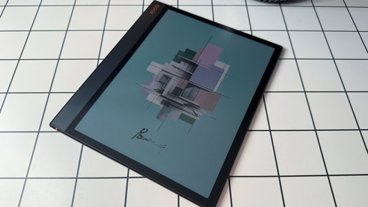

1 Comment
Interesting idea. Similar to how the restaurant pagers charge. Surprised I never saw an article about their release?